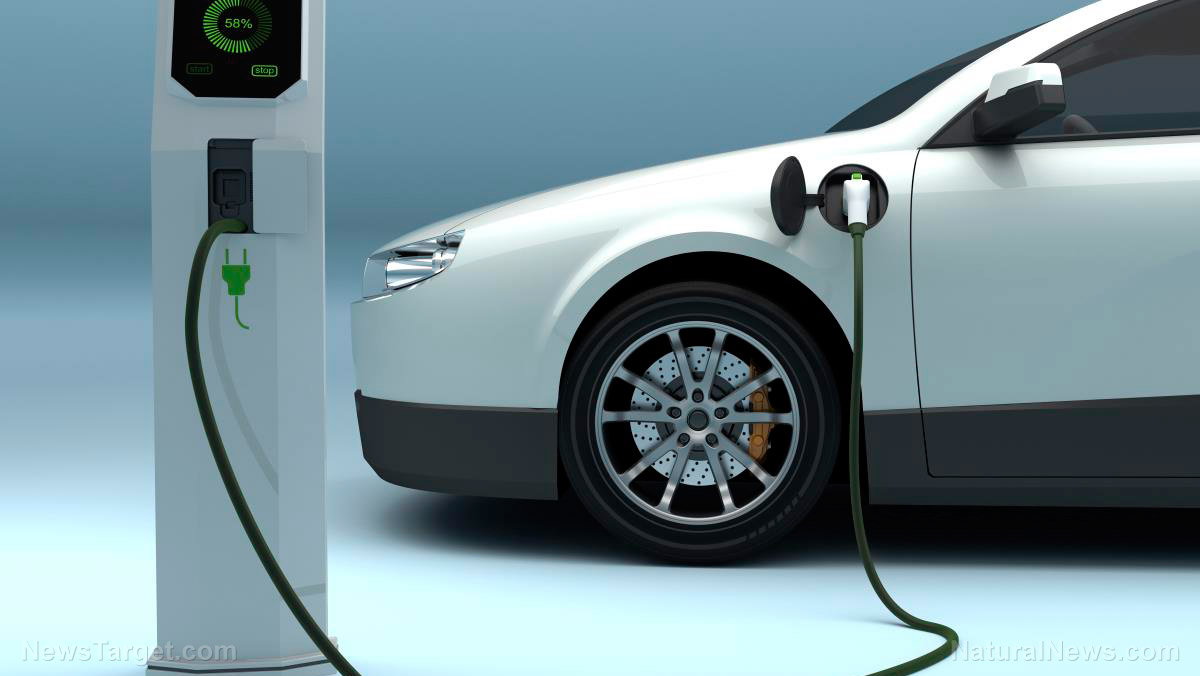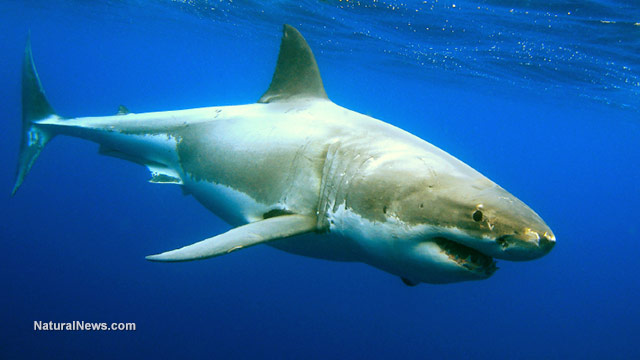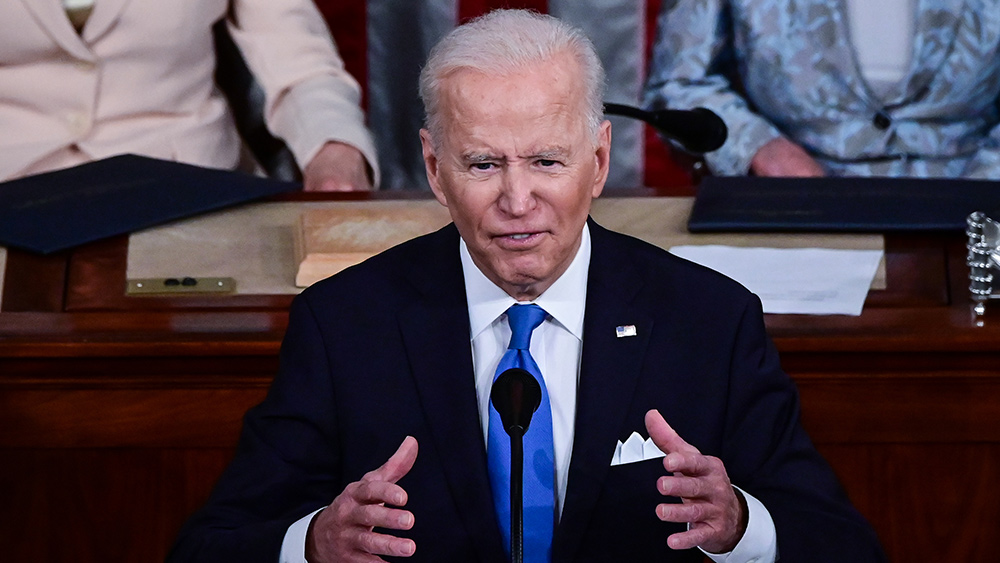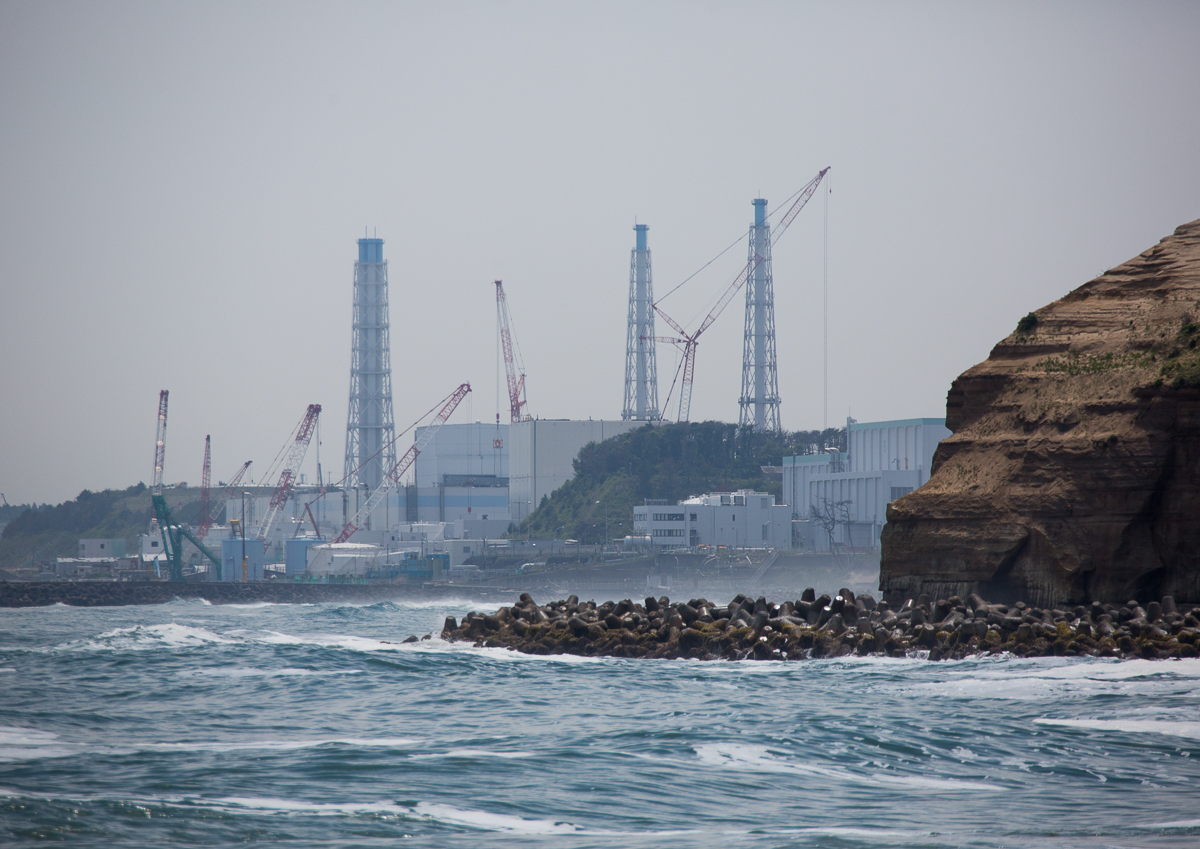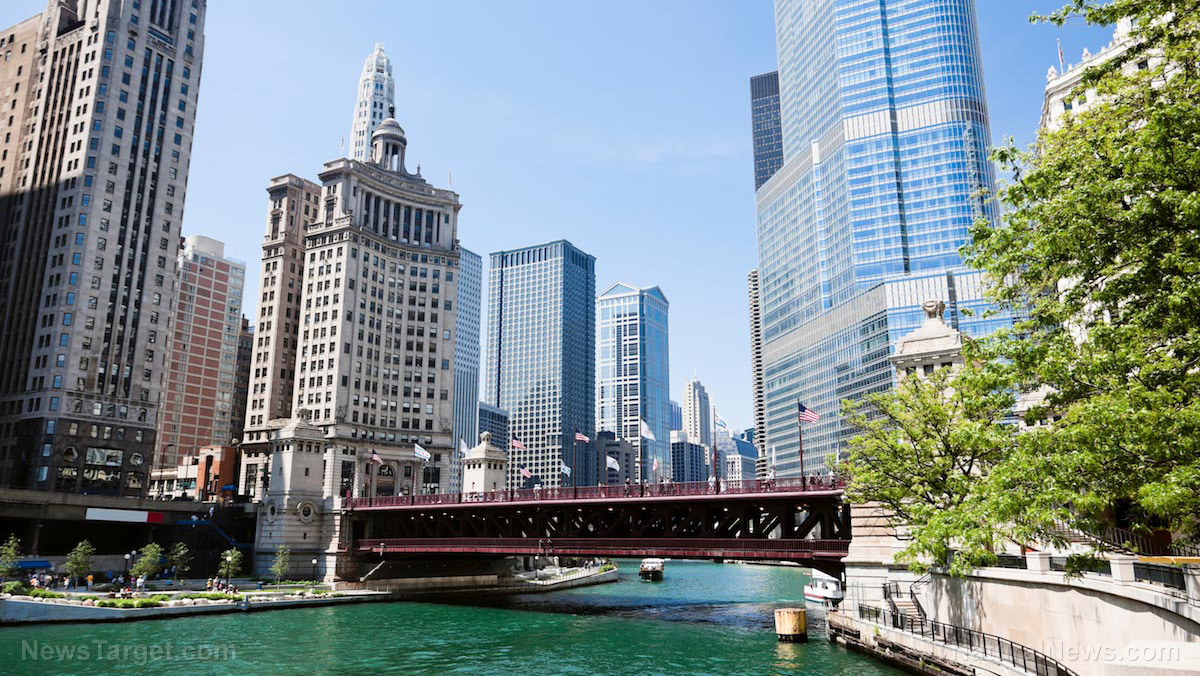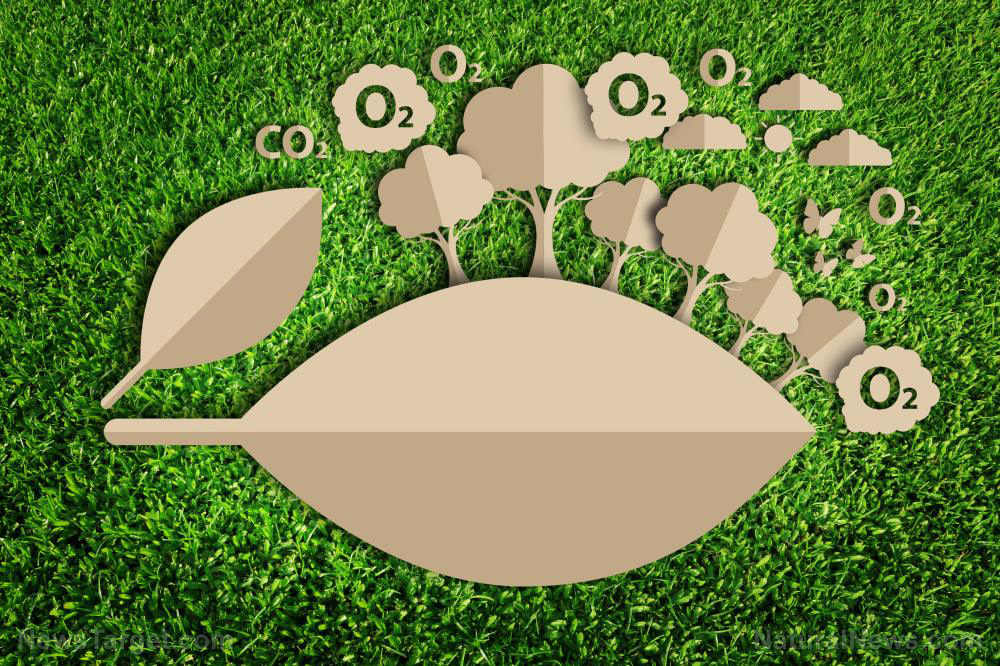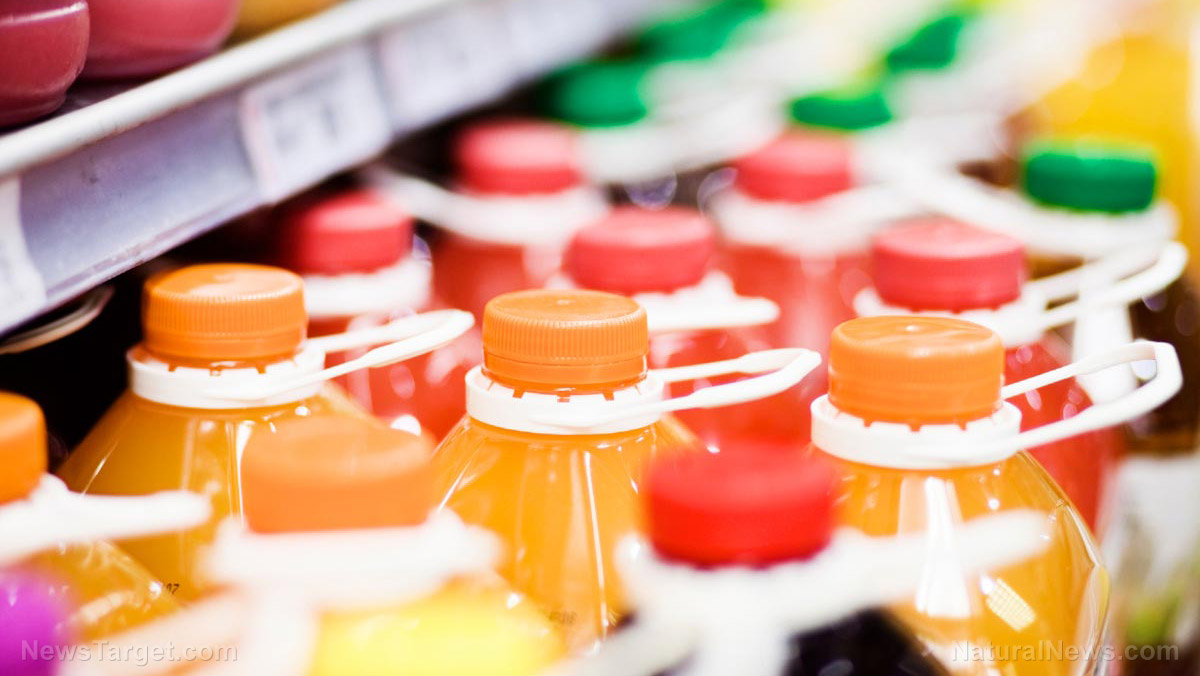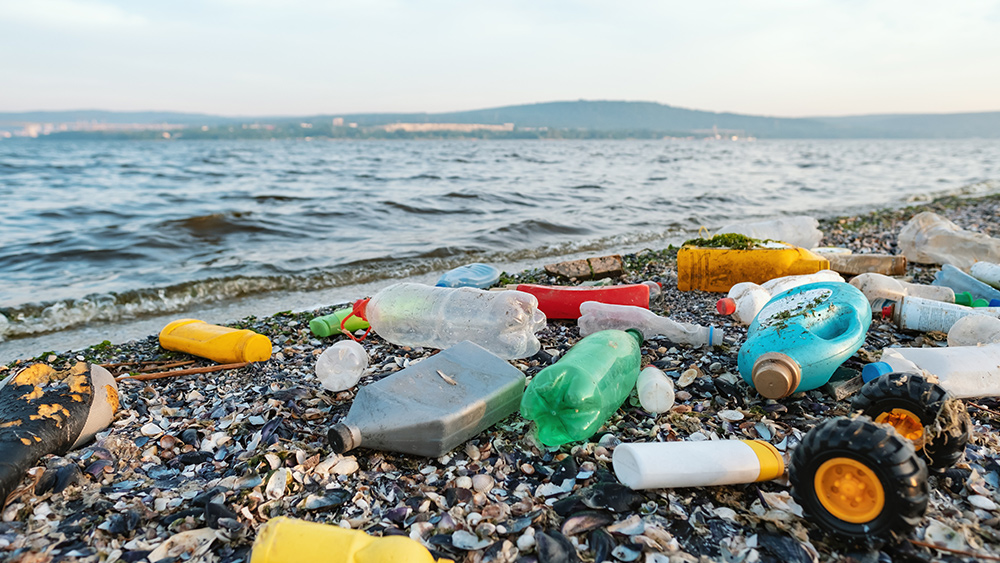Japan gets green light to release Fukushima radioactive water into Pacific Ocean
07/12/2023 / By Kevin Hughes
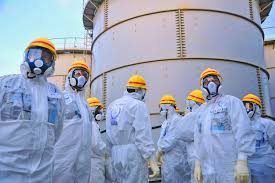
The International Atomic Energy Agency (IAEA) has approved Japan’s request to release lightly radioactive wastewater from the disabled Fukushima nuclear power plant into the sea, claiming the science did not justify the issues raised by other countries regarding the potential dangers.
The IAEA, a United Nations body, claimed Japan’s plan regarding the release was consistent with comparable discharges performed by other nations around the world that operate their own nuclear power plants.
IAEA Director General Rafael Grossi personally submitted a final report favoring the plan to Japanese Prime Minister Fumio Kishida in Tokyo on July 4, claiming that the discharged “would have negligible impact on the environment.”
Grossi added that IAEA representatives would be present on-site in Fukushima to monitor releases for decades to come. (Related: Japan begins secret discharge of RADIOACTIVE WATER from Fukushima nuclear plant into the ocean.)
The Japanese Ministry of Foreign Affairs early this year announced the release of more than one million tons of water beginning in either spring or summer. It also said regulators had deemed it safe to slowly discharge the water in the Pacific Ocean by way of a tunnel after undergoing treatment and dilution.
According to officials, the contaminated water in Fukushima is being stored in more than 1,000 tanks which need to be removed to move forward with the power plant’s decommissioning. The decommissioning process is expected to take three to four decades.
Japan’s neighbors disapprove release of nuclear wastewater
Japan’s decision has riled up the governments of its neighbors. The China Atomic Energy Authority claimed that more than 70 percent of the nuclear-contaminated water from Fukushima fails to meet discharge limits after going through a filtration system and requires further treatment before getting released.

A statement from the Chinese Foreign Ministry even claimed that Japan was treating the Pacific Ocean as its own sewer, stating: “Japan has chosen to shift the risk of nuclear contamination onto the whole of humanity.”
Hong Kong’s Environment and Ecology Bureau said that more risk assessments need to be undertaken before the release of wastewater.
Both China and Hong Kong are extending and expanding their bans on food imports from 10 Japanese prefectures surrounding Fukushima, while food from other parts of Japan will face stricter screening, especially edible aquatic products.
The government of South Korea has not made an official condemnation of Japan, claiming that it respects the IAEA’s endorsement. But the country made it clear that it would be issuing its own assessment of the nuclear watchdog’s findings. Local South Korean activists and opposition politicians are also challenging Japan’s decision. Top opposition leader and presidential candidate Lee Jae-myung even challenged Japanese officials to drink the treated radioactive water if it is as safe as they claim.
North Korea has also spoken out in opposition to the release, claiming that Japan may have bribed the IAEA to allow the discharge of Fukushima nuclear water.
Multiple other Pacific island nations have called on Japan to delay the release of the Fukushima water over fears that their fisheries will be contaminated.
In Japan, fisheries groups haven’t challenged the scientific points given by the government, but argue that Fukushima should avoid another controversy that could tarnish its reputation.
Follow Fukushima.news for more news about the radioactive waste from the Fukushima nuclear power plant.
Watch this video discussing the IAEA’s report regarding the release of irradiated wastewater from Fukushima.
This video is from the channel Cynthia’s Pursuit of Truth on Brighteon.com.
More related articles:
Radioactive Fukushima water to be released into the ocean.
Nuclear ground zero Fukushima remains largely abandoned ten years on.
Sources include:
Submit a correction >>
Tagged Under:
This article may contain statements that reflect the opinion of the author

